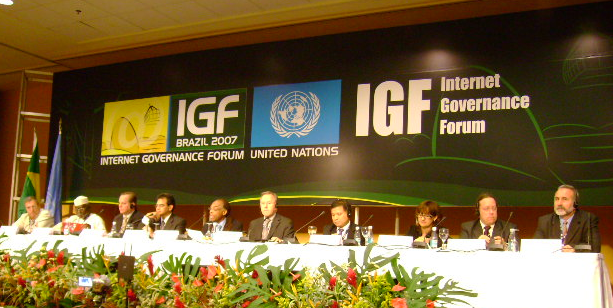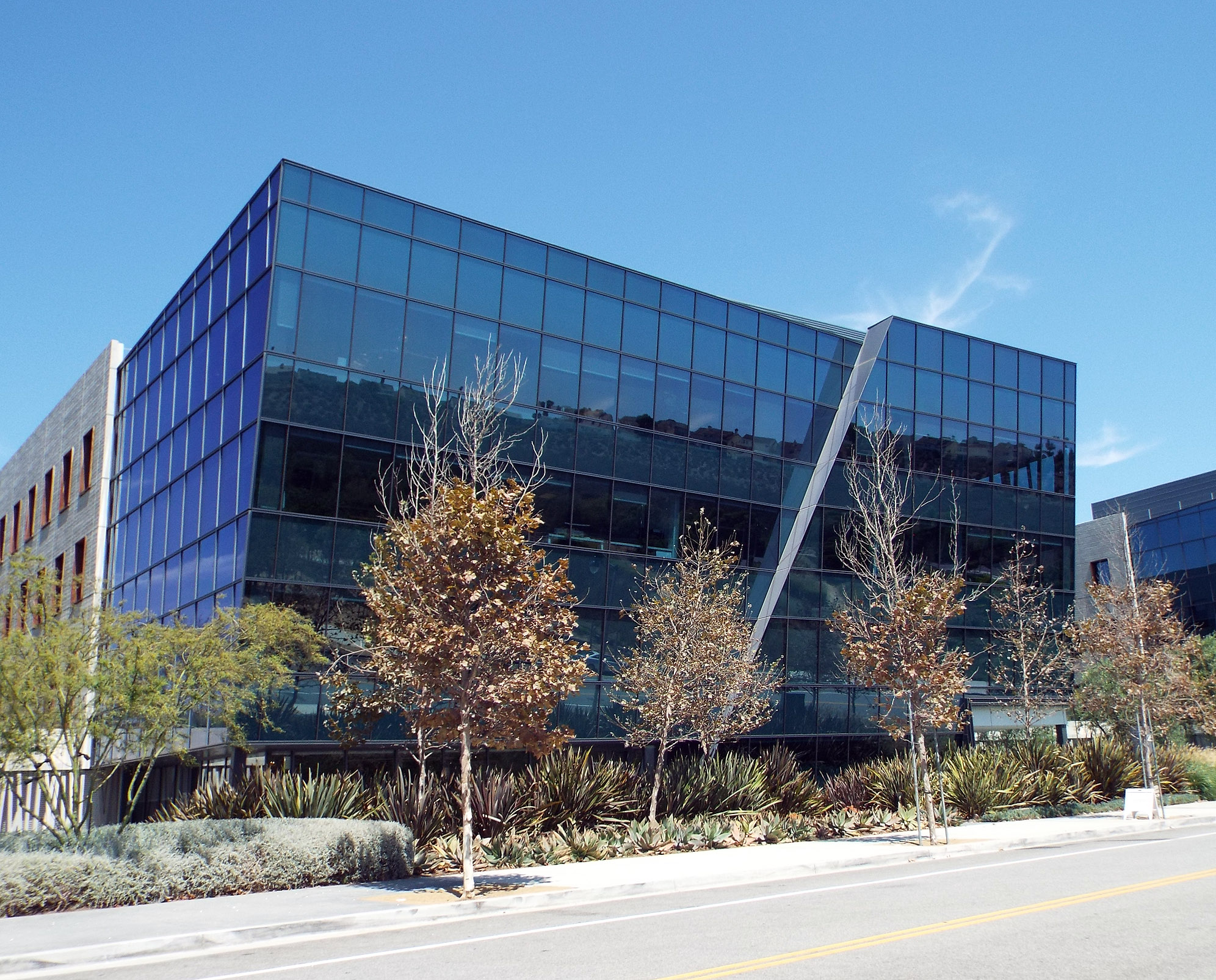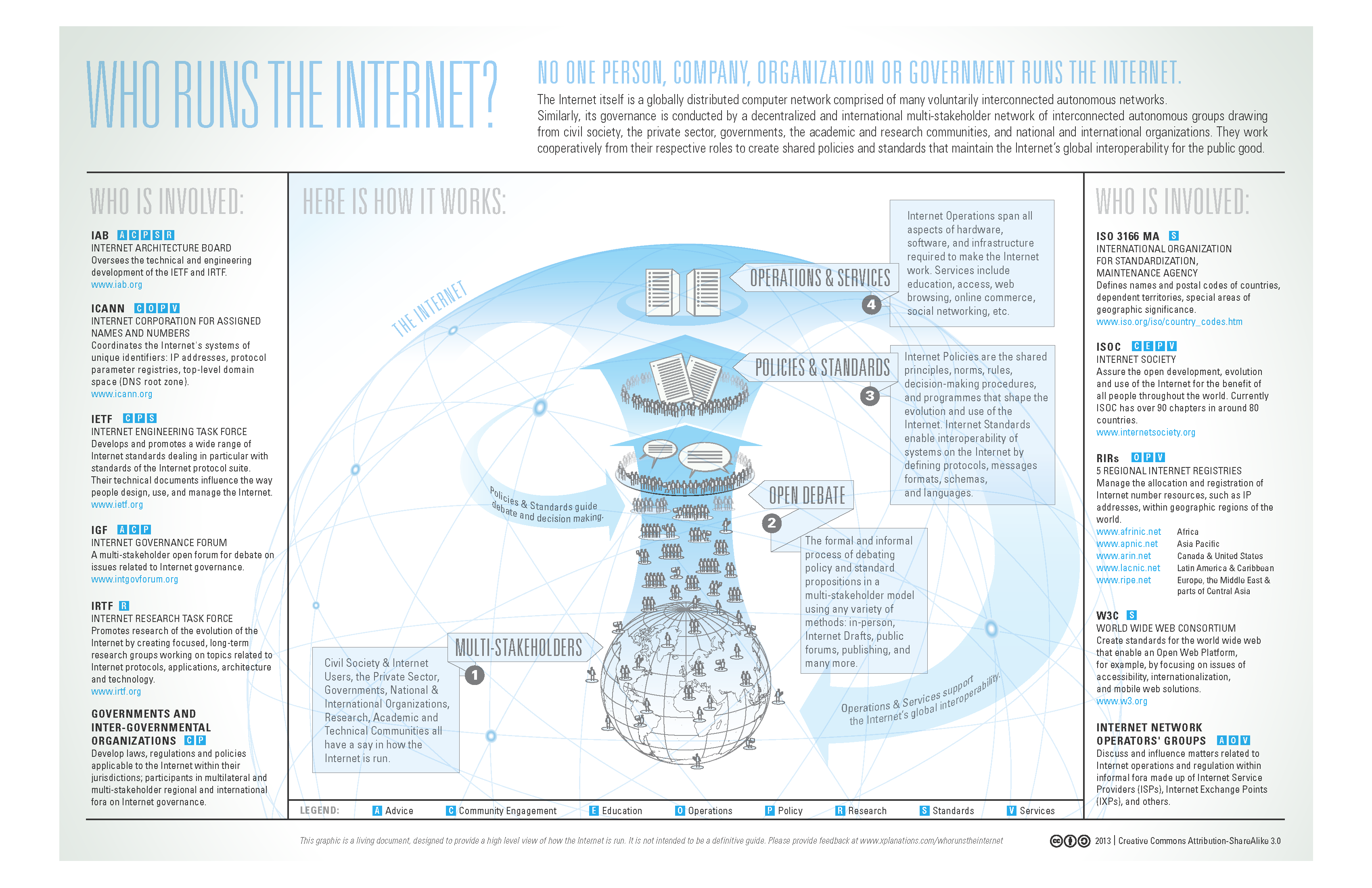|
ECOM-LAC
{{Multiple issues, {{notability, Companies, date=September 2015 {{Update, date=February 2022 {{Unreferenced, date=February 2022 The Latin America and Caribbean Federation for Internet and Electronic Commerce ( es, Federación de Latinoamérica y el Caribe para Internet y el Comercio Electrónico, eCOM-LAC) was founded in March 1988 at a meeting held in Rio de Janeiro. Objective The Federation´s Mission Statement is to promote development of ICTs in the Latin America and Caribbean region, support initiatives that reduce the digital divide in this geographical area, and represent the ICT private sector of this region in the corresponding international fora, such as: * WSIS – World Summit of the Information Society * IGF – Internet Governance Forum * ICANN - Internet Corporation for Assigned Names and Numbers * LACNIC – Latin American and Caribbean Internet Addresses Registry History eCOM-LAC organized two regional electronic commerce summits, the first in São Paulo (M ... [...More Info...] [...Related Items...] OR: [Wikipedia] [Google] [Baidu] |
LACNIC
LACNIC (Latin America and Caribbean Network Information Centre; , ) is the regional Internet registry for the Latin American and Caribbean regions. LACNIC provides number resource allocation and registration services that support the global operation of the Internet. It is a not-for-profit, membership-based organisation whose members include Internet Service Providers, and similar organisations. Functions LACNIC's main functions are: * Allocating IPv4 and IPv6 address space, and Autonomous System Numbers * Maintaining the public Whois Database for the Latin American and Caribbean region * Reverse DNS delegations * Representing the interests of the Latin American and Caribbean Internet community on the global stage Formation Since 1993, academic organizations in Latin America like ENRED – Foro de Redes de América Latina y el Caribe, discussed the need of a register for Latin America, independent from the influence of the United States. In 1998 during an ENRED meeting in Pana ... [...More Info...] [...Related Items...] OR: [Wikipedia] [Google] [Baidu] |
ECOM-LAC Logo
{{Multiple issues, {{notability, Companies, date=September 2015 {{Update, date=February 2022 {{Unreferenced, date=February 2022 The Latin America and Caribbean Federation for Internet and Electronic Commerce ( es, Federación de Latinoamérica y el Caribe para Internet y el Comercio Electrónico, eCOM-LAC) was founded in March 1988 at a meeting held in Rio de Janeiro. Objective The Federation´s Mission Statement is to promote development of ICTs in the Latin America and Caribbean region, support initiatives that reduce the digital divide in this geographical area, and represent the ICT private sector of this region in the corresponding international fora, such as: * WSIS – World Summit of the Information Society * IGF – Internet Governance Forum * ICANN - Internet Corporation for Assigned Names and Numbers * LACNIC – Latin American and Caribbean Internet Addresses Registry History eCOM-LAC organized two regional electronic commerce summits, the first in São Paulo (M ... [...More Info...] [...Related Items...] OR: [Wikipedia] [Google] [Baidu] |
World Summit On The Information Society
The World Summit on the Information Society (WSIS) was a two-phase United Nations-sponsored summit on information, communication and, in broad terms, the information society that took place in 2003 in Geneva and in 2005 in Tunis. WSIS Forums have taken place periodically since then. One of the Summit's chief aims is to bridge the global digital divide separating rich countries from poor countries by increasing internet accessibility in the developing world. The conferences established 17 May as World Information Society Day. The WSIS+10 Process marked the ten-year milestone since the 2005 Summit. In 2015, the stocktaking process culminated with a High-Level meeting of the UN General Assembly on 15 and 16 December in New York. Background In the last decades of the 20th century, Information and Communication Technology (ICT) has changed modern society in many ways. This is often referred to as the digital revolution, and along with it have come new opportunities and threats. Many w ... [...More Info...] [...Related Items...] OR: [Wikipedia] [Google] [Baidu] |
Internet Governance Forum
The Internet Governance Forum (IGF) is a multistakeholder governance group for policy dialogue on issues of Internet governance. It brings together all stakeholders in the Internet governance debate, whether they represent governments, the private sector or civil society, including the technical and academic community, on an equal basis and through an open and inclusive process."About the Internet Governance Forum" Internet Governance Forum. Retrieved 14 April 2015. The establishment of the IGF was formally announced by the Secretary-General in July 2006. It was first convened in October–November 2006 and has held an annual meeting since then. History and developme ...
|
ICANN
The Internet Corporation for Assigned Names and Numbers (ICANN ) is an American multistakeholder group and nonprofit organization responsible for coordinating the maintenance and procedures of several databases related to the namespaces and numerical spaces of the Internet, ensuring the network's stable and secure operation. ICANN performs the actual technical maintenance work of the Central Internet Address pools and DNS root zone registries pursuant to the Internet Assigned Numbers Authority (IANA) function contract. The contract regarding the IANA stewardship functions between ICANN and the National Telecommunications and Information Administration (NTIA) of the United States Department of Commerce ended on October 1, 2016, formally transitioning the functions to the global multistakeholder community. Much of its work has concerned the Internet's global Domain Name System (DNS), including policy development for internationalization of the DNS, introduction of new gen ... [...More Info...] [...Related Items...] OR: [Wikipedia] [Google] [Baidu] |
Donald Evans
Donald Louis Evans (born July 27, 1946) is an American businessman. He was the 34th U.S. Secretary of Commerce. He was appointed by his longtime friend George W. Bush and sworn into office on January 20, 2001. On November 9, 2004, the White House announced that Evans intended to resign by the end of January 2005. Evans was chosen to be the Non-Executive Chairman of TXU Energy, following the completion of its acquisition by Kohlberg Kravis Roberts and TPG Capital. Early life Born in Houston, Texas, Evans attended the University of Texas at Austin, receiving a Bachelor of Science degree in mechanical engineering in 1969 and an MBA from the McCombs School of Business in 1973. While at UT, he was a member of Texas Cowboys, Omicron Delta Kappa and the Sigma Alpha Epsilon fraternity. In 1975, Evans moved to Midland, Texas from Houston and began working on an oil rig for Tom Brown Inc., a large independent energy company now based in Denver. Ten years later he took the company ov ... [...More Info...] [...Related Items...] OR: [Wikipedia] [Google] [Baidu] |
Internet Governance
Internet governance consists of a system of laws, rules, policies and practices that dictate how its board members manage and oversee the affairs of any internet related-regulatory body. This article describes how the Internet was and is currently governed, some inherent controversies, and ongoing debates regarding how and why the Internet should or should not be governed in future. (Internet governance should not be confused with e-governance, which refers to governmental use of technology in its governing duties.) Background No one person, company, organization or government runs the Internet. It is a globally distributed network comprising many voluntarily interconnected autonomous networks. It operates without a central governing body with each constituent network setting and enforcing its own policies. Its governance is conducted by a decentralized and international multistakeholder network of interconnected autonomous groups drawing from civil society, the private secto ... [...More Info...] [...Related Items...] OR: [Wikipedia] [Google] [Baidu] |



